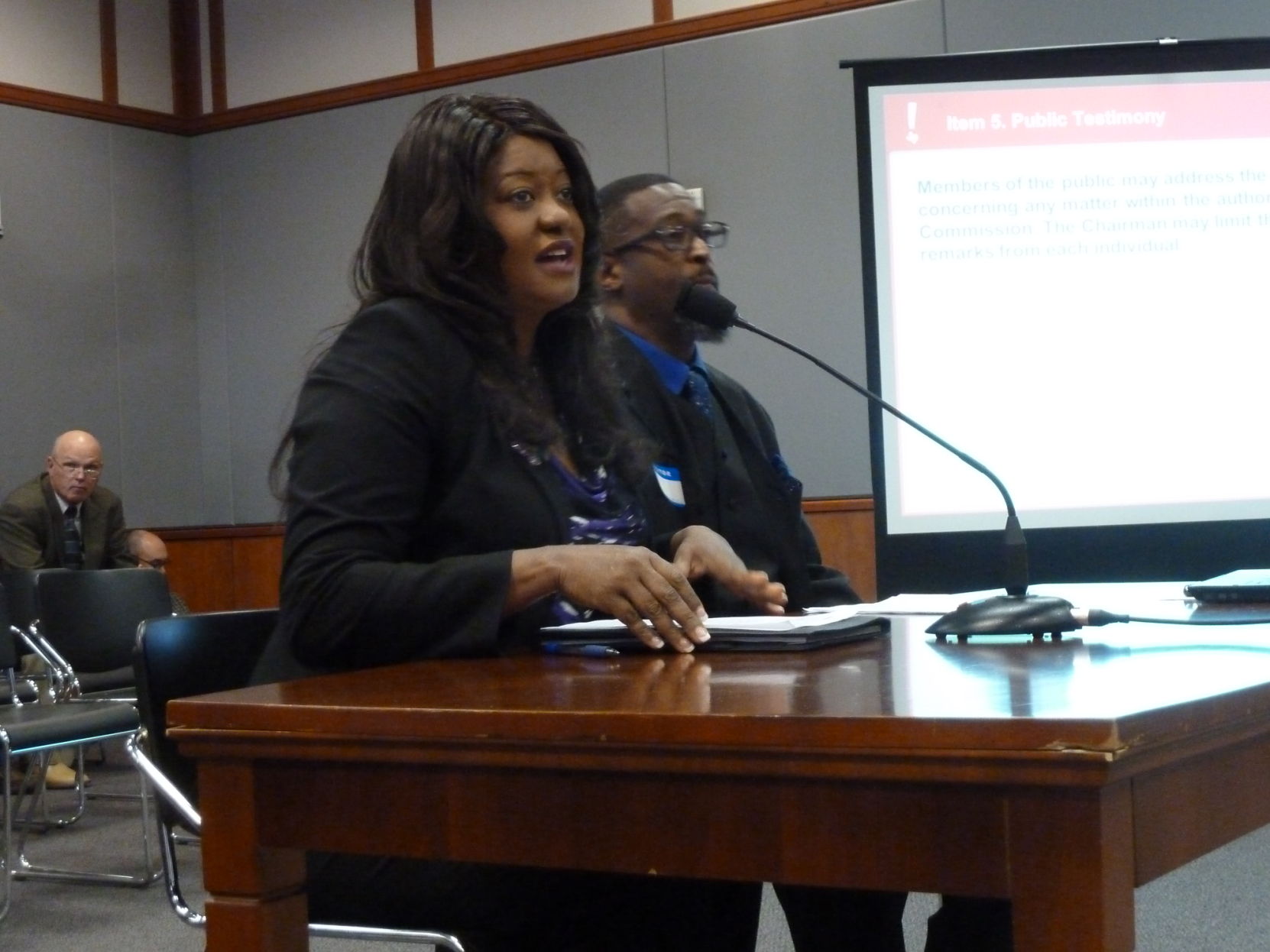Controversial marker pays tribute to East Texas massacre
Published 1:15 pm Friday, January 30, 2015
AUSTIN – Nobody can say for sure how many of their black neighbors the white people of Slocum, Texas, wiped out during a killing rampage in 1910.
Constance Hollie-Jawaid, a great-granddaughter of survivor Marsh Holley, believes they slaughtered more than 30 of her relatives alone.
“That’s just in my family,” said Hollie-Jawaid, who applied for a Texas Historical Commission marker to memorialize the event.
On Thursday, commission members in Austin authorized an 18-by-21-inch marker to bring the long-buried story to life.
“I feel like my ancestors didn’t die in vain,” a tearful Hollie-Jawaid said afterward.
The vote came despite controversy.
Jimmy Ray Odom, the historical marker chairman for the Anderson County Historical Commission, has said publicly that no race riot or massacre took place. Another member of the local commission has predicted that a historical marker will be tossed in a river.
“Something happened,” Odom later explained. “It was mislabeled a massacre. A massacre is when you kill hundreds of people.”
Odom says the significance, documentation and context of the event described in Hollie-Jawaid’s application for a Slocum marker just aren’t sufficient. In an email, he denied that his position is racially motivated and noted that many local markers celebrate the community’s diversity.
Hollie-Jawaid said what happened in July 1910 in the unincorporated community 16 miles outside of Palestine, about a two-hour’s drive from Dallas, was indeed a massacre.
Based on research started by her late father, the number murdered could be 75 or 80, she said. Victims were interred in anonymous graves or lost to the deep pine woods. Survivors changed their surnames, as did Hollie-Jawid’s forebears, and fled Slocum for good.
Newspaper reports from the time tell of black people being picked off like sheep, shot in the back as they ran for their lives through the countryside.
What led to the killings is also a point of contention. Some believe an argument between a black road foreman and white workers incited the violence, or perhaps white families feared an uprising of black residents.
Hollie-Jawaid, a Palestine native who is now a Dallas school district administrator, said the motive was envy. Her great-great grandfather, Jack Holley, was freed from slavery and eventually owned 700 acres, plus a dairy and a granary, in Slocum.
“It was simple envy that black people could come out of slavery and establish themselves,” she said. “They just did it too well.”
Leigh Cravin, a former chairwoman of the Anderson County Historical Commission, has supported the application for a marker. She pointed to other incidents, such as the 1836 Edens-Madden killings of white settlers in East Texas by Native Americans, that took place in the more distant past yet received state recognition.
“Was the Slocum massacre another example of the ‘expulsion’ of peoples of the ‘wrong color’ from a small East Texas Town? Why is this history so hard for some to accept?” Cravin said.



